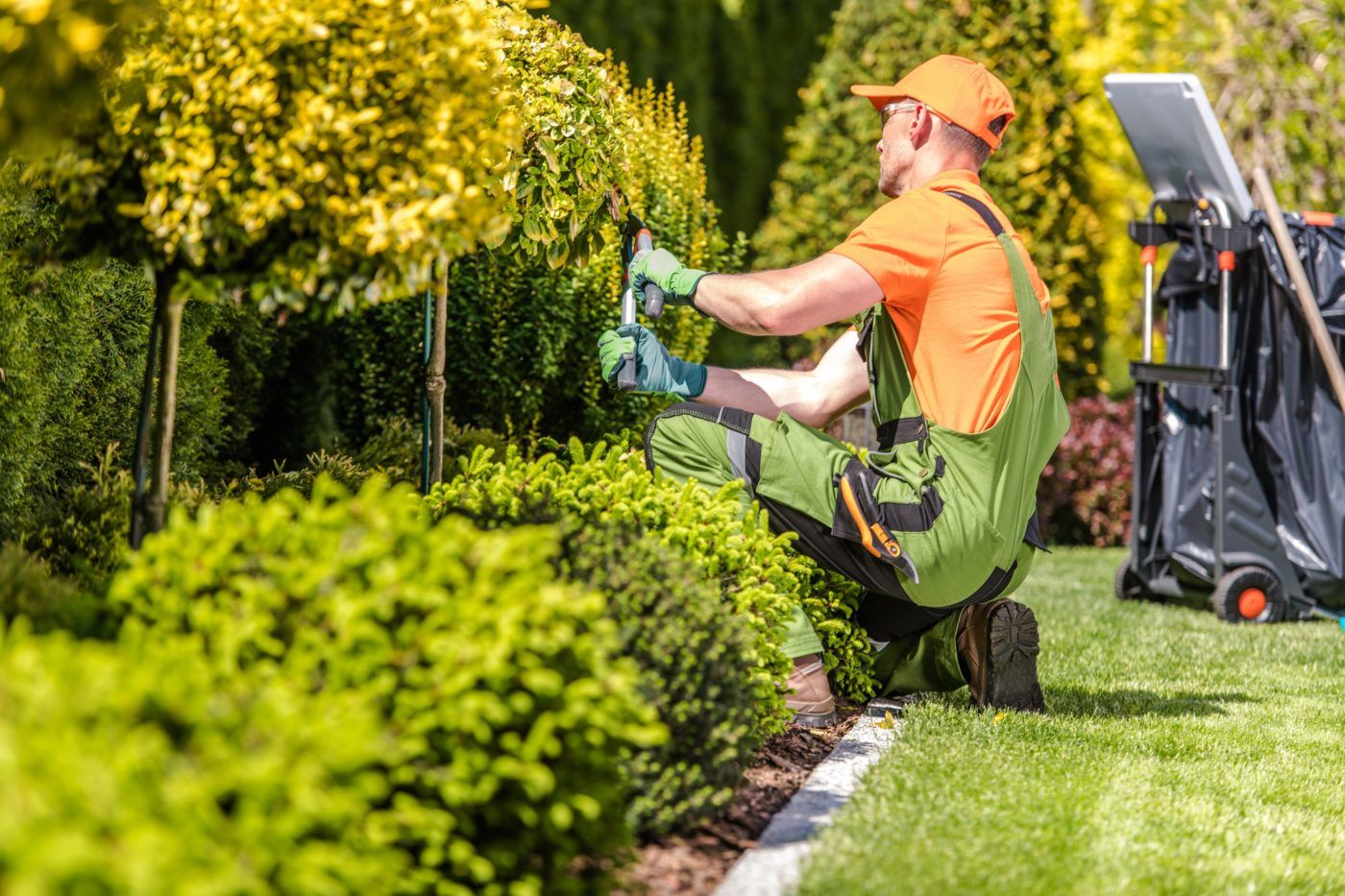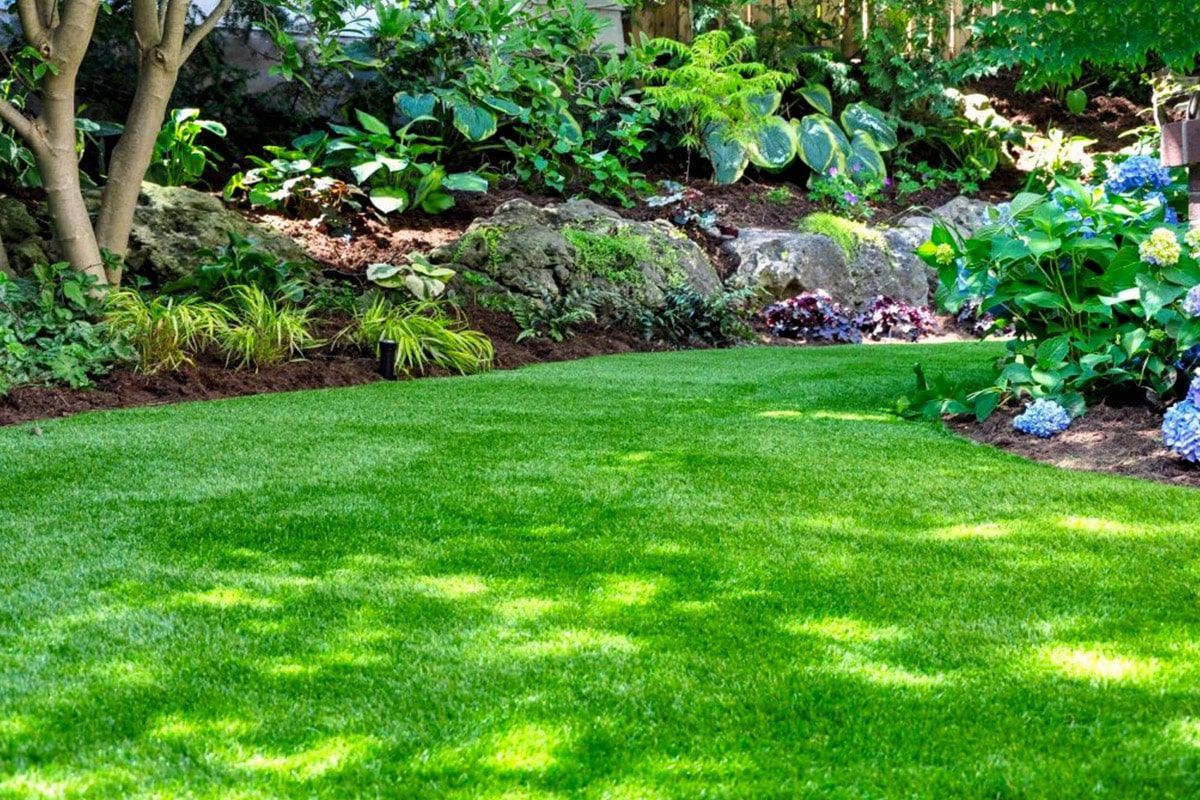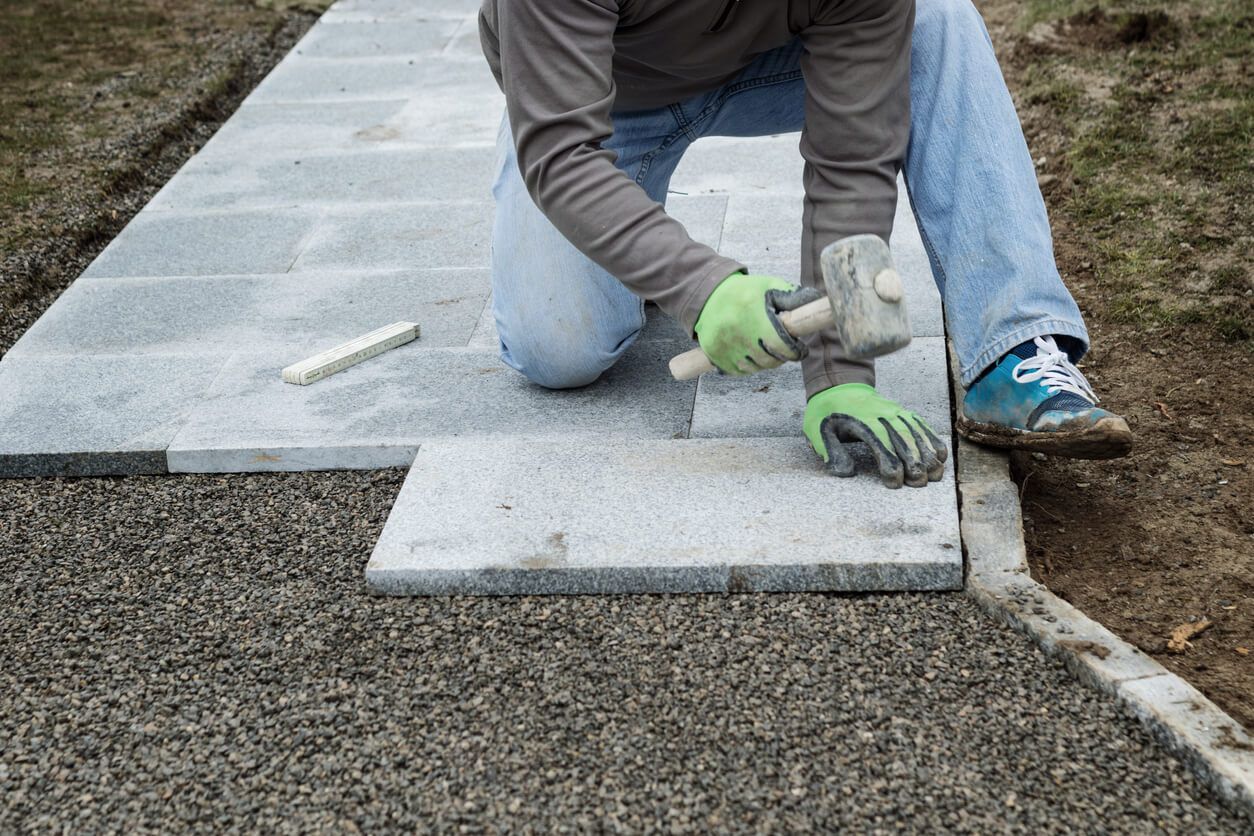Committing Herbicide: A Beginner’s Guide to Weed Killing
Weed killing certainly isn’t the most popular element of gardening projects, nor is it the easiest task to tackle. However, after reading our beginner’s guide, you’re bound to be well on your way to having a weed-free lawn! The big problem with weeds is that they aren’t just unsightly; they’re also very greedy and have a tendency to hog nutrients and vitamins from the soil, starving our grass and beloved garden plants of the food that they need to grow. By taking the proper weed killing measures, you’ll hopefully be left with lovely green land that’s as healthy as it is beautiful.
Safe & Effective Weed Killing Solutions
For many avid gardeners, getting down and yanking out dozens of weeds by hand simply isn’t a possibility, not to mention that this would be incredibly time-consuming as it is. Finding a weed killing solution that is easy and fast-acting is much more ideal, and this is where weed killer sprays and solutions come in.
When applying a weed killer spray to your garden, it’s important to use a spot treatment formula to ensure that you are exclusively targeting the weeds. You should avoid dropping any product on the surrounding greenery at all costs, as this will naturally be detrimental to any grass and garden plants that cross its path. Only in the event of a very severe weed infestation should you resort to coating your entire lawn with weed killer. By spraying the spot treatment directly onto the weed leaves, the solution will soak through and reach the roots, thus preventing them from growing back.
For a safe, fast-acting all-purpose weed killing spray, we would recommend Resolva Ready to Use Weed Killer. Suitable for targeted application, this herbicide works to not only visible weeds, but also deep-rooted perennial weeds - including grasses, dock leaves, nettles, dandelions, bind weeds and more. Spot treatment options such as this one are particularly ideal if you find weeds cropping up between cracks in pavements. Many weed killers are meant for full-lawn application, which can end up staining paving slabs, so an isolated approach is much more appropriate.
If you’re struggling with a particularly stubborn plot of weeds, Neudorff Weedfree Plus is another solid all-rounder spray that will have weeds curling up and looking sickly within a day, as it goes to work on the foliage before squaring up to the roots. Its strength lies in its ability to control weeds that other weed killers simply can’t handle, such as horse tail / mare’s tail and ground elder. It’s a safe bet if you need something super powerful but don’t want to spray something really nasty on your lawn.
After you’ve applied the spot treatment, you’ll want to wait at least a week before sowing any grass seeds. There will inevitably be some bare patches left behind after the weeds die, and new grass seeds should be poured over these patches in order to get your lawn looking brand new again. However, if you sow the seeds too soon, there is a risk that there will be some leftover weed killer lingering which will stop any new grass from growing. As such, it’s better to wait for the recommended amount of time before acting.
It is crucially important that you always remember to never use herbicides near your vegetable patch. If the formula wafts over and ends up coating your growing veggies, not only will it damage the plants themselves, but eating them could make you extremely sick. Try to just pull weeds from your vegetable garden instead of using weed killer anywhere near it - just to be on the safe side.
Finally, when disposing of your weeds you should be fine to simply add them to your compost bin, but do make sure that they’re good and dead before you throw them in. Lay them out in the sun to bake for a couple of days before composting for good measure, and always remember never to compost seed heads.
How Effective are Homemade Weed Killers?
In your search for weed killing solutions, you may well have come across some DIY methods that can be achieved with household ingredients. Although many of them are touted as more eco-friendly than some of the popular chemical-based commercial options, the downside is that a lot of them simply don’t work.
In many cases, homemade weed killers will need to be applied many times before they’ll actually work, and even then some won’t be effective. What this means is that you’ll be putting household items - such as dish soap and vinegar (a common recipe) - into the ground, which is not great for the ecosystem or your surrounding trees, shrubs and perennials. You’ll also be using far more than you would for a commercial product, so it probably won’t even work out cheaper in the end, not to mention that it could do more harm than good.
Preventing Weeds From Returning
Once you have succeeded in your weed killing mission, it’s important to take the right steps to prevent any weeds from coming back, thus forcing you to repeat the process all over again. Here are some helpful tips on how to prevent those pesky weeds from re-growing:
Dethatch Your Lawn
Detaching your garden, otherwise known as running a rake through it to untangle any matted grass, is a great way to maintain a healthy lawn and loosen up soil - allowing grass roots to grow strong. A healthy lawn is more equipped to resist being submerged by weeds, so try to detach once in the spring and once in autumn to achieve the best results.
Keep Grass Long
Keeping your grass a bit longer will also help to prevent weed regrowth as they require sunlight to sprout upwards and cause damage. When grass is a longer length, less sunlight will be able to reach the soil, meaning that any weed seeds will be less likely to germinate. When you decide to mow your lawn, set your mower to a higher setting so that the grass will only get a slight trim.
Use High-Quality Grass Seed
When reseeding your garden, use a high-quality grass seed that is suitable for the climate in your region. Certain grass seed varieties on the cheaper side will have a small percentage of weed seeds mixed into them, which isn’t exactly ideal when you’re waging war against weeds. Always do your research when shopping for grass seeds, and pick a variety that is safe for your lawn.
Use Mulch
Applying mulch to your garden bed is a great way to prevent weeds from regrowing as the material helps to block the sun from reaching the weed seeds. It will also help your garden to maintain optimal moisture levels, whilst also delivering a steady stream of nutrients to your plants - making them stronger, healthier and less susceptible to being starved out by killer weeds.
Grounds Maintenance & Weed Killing Service in Central Scotland
Weed killing can be a frustrating, time-consuming uphill battle that some people simply can’t or won’t want to undertake. If you find yourself in this position and are based in Central Scotland, get in touch with the professionals at GMCB Ltd to find out about our comprehensive weed killing service. We specialise in the removal and prevention of various types of invasive weeds. Using proven weed killing techniques and tools, our dedicated team will implement a comprehensive programme to rid your grounds of pesky weeds, and prevent them from returning. With over 15 years of experience, we are capable of eradicating even the most stubborn of weeds, including:
● Treatment for the dreaded Giant Hogweed and the invasive Japanese Knotweed.
● Treatment for Mare’s tail, ragwort and many others.
● Selective weed control for broadleaf weeds in grass.
● Moss and algae control on hard standing surfaces.
● Tailored weed control programmes designed to combat your specific weed problem.
Our clients come back to us time and time again for all of their ground maintenance needs thanks to our extensive track record of delivering effective weed killing solutions that will only target unwanted pests, and will leave the rest of your garden unscathed. For more information or to obtain a quote, please contact us today by calling 07903 211 499.
















